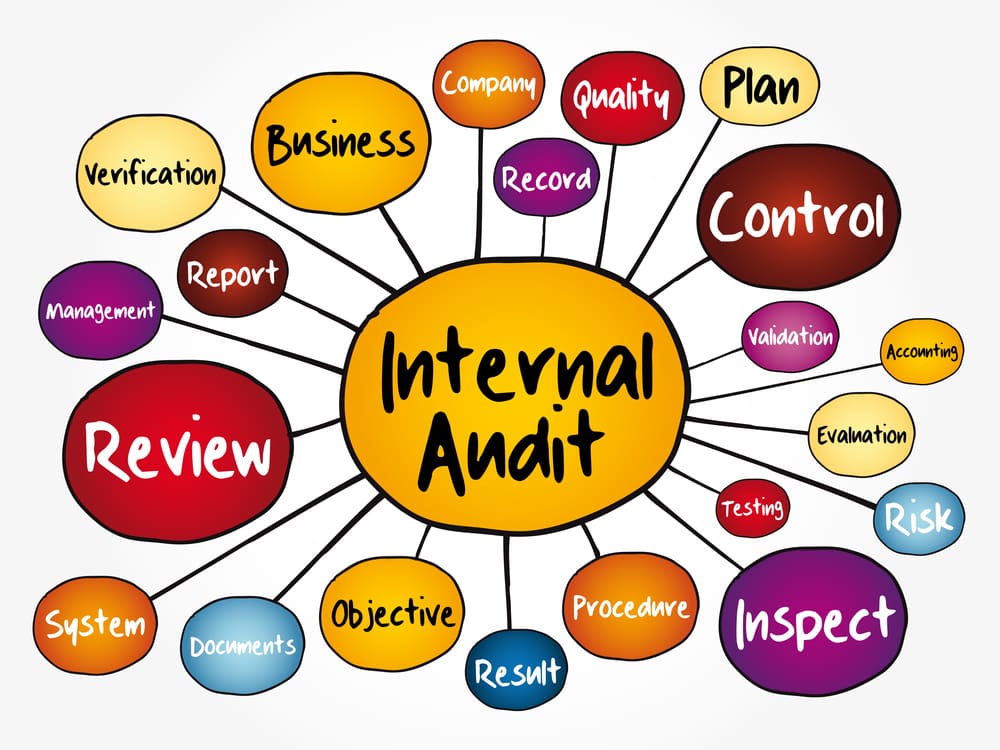Internal Audit: What Is It and What are its Benefits?
One common question we professionals receive is “Can we skip Internal Audit as we are not MNC; we operate in relatively smaller markets”. Before answering it, let me ask you few questions: Do you want to provide efficient, law compliant, reliable, secure and effective services, if the answer is “Yes” then you should opt for Internal Audit. Irrespective of the type of Organization whether big or Small, Environment which they operate in, whether seasonal or regular, every organization should go for Internal Audit.
What is Internal Audit?
As the name sounds Internal Audit is an Internal Operation of the Management with emphasis on Providing Assurance on Enterprise’s risk management, governance and internal control processes are operating effectively and efficiently.
How does Internal Audit monitor effectiveness of internal controls?
The Principal tasks carried out by Internal Auditors are:
Risk assessment– Assisting Management in Identification and Prioritization of Business Process that require attention and audit focus.
Process walkthroughs and documentation– Understanding the business process & procedures of an organization by observation, interviews and documentation.
Control assessment – Assisting management in identification of gaps between desired and currently implemented controls.
Testing– Performing tests of controls to verify whether controls are working as designed
Reporting– Providing observations and recommendations to improve processes and controls.
External audit v/s Internal Audit
The objective of External Audit is to express an opinion on the Financial Statements of the organization.
The objective of Internal Audit is to assess and improve the Effectiveness of Governance, Risk Management and Control Process.
External audits have no responsibility for improvement but only have a duty to report the problems. Improvement is fundamental to the purpose of internal auditing.
Benefits of Internal Auditing
- Achieving Objective: Business process and procedures requires effective internal control to supervise, monitor, prevent, detect and correct irregular transactions, measure operational efficiency, adequate documentation. Internal Auditor reviews the Design of the internal Controls placed and provide the management any shortcomings, deviations and also communicates them with the improvements required.
- Assess the Risk of Misstatement: Auditor assess the Risk of Material Misstatement in the organizations Financial statements. Without internal control or internal audit an organization would not be able to prepare reliable financial Statements.
- Fraud Prevention and Detection: Internal Audit plays a crucial role in prevention and detection of Frauds. Analysis of implemented internal controls can prevent and detect various frauds and some financial irregularities
- Compliance with Laws and Regulations: By consistently performing internal audit, an organization can ensure its compliance with relevant and applicable laws and regulations. Compliance will also helps in avoiding the Fines associated with any non-compliance.
- Improved Performance: An internal auditor would be helpful in improving the performance of the organization. The company’s achievements in the previous year would be the basis of the budget preparations for the present year by drawing up income statements and balance sheets. Therefore, an internal audit improves the performance of a business and its employees.
- Proper Use of Resources: Internal Audit check whether the Resources are being used appropriately. The operating cost will be higher when the resources are not used optimally. The Internal Auditor emphasizes on the Optimal utilization of the resources. The optimum use of resources in a company could be determined with the control of the cost of output.
- Investigation: Internal Auditor can be assigned to investigate various matters of the business. If a situation arises then he/she can be given responsibility to examine facts and figures.
This blog post is written by CA Rashid Ali, Tax Advisor at Flyingcolour Accounting & Tax Services. At Flyingcolour, we have a team of qualified professionals who are expertise in providing internal financial review in UAE as well. Feel free to call +971 4 4542366 today for a quality consultation or please send inquiry to info[at]flyingcolour[dot]com.







